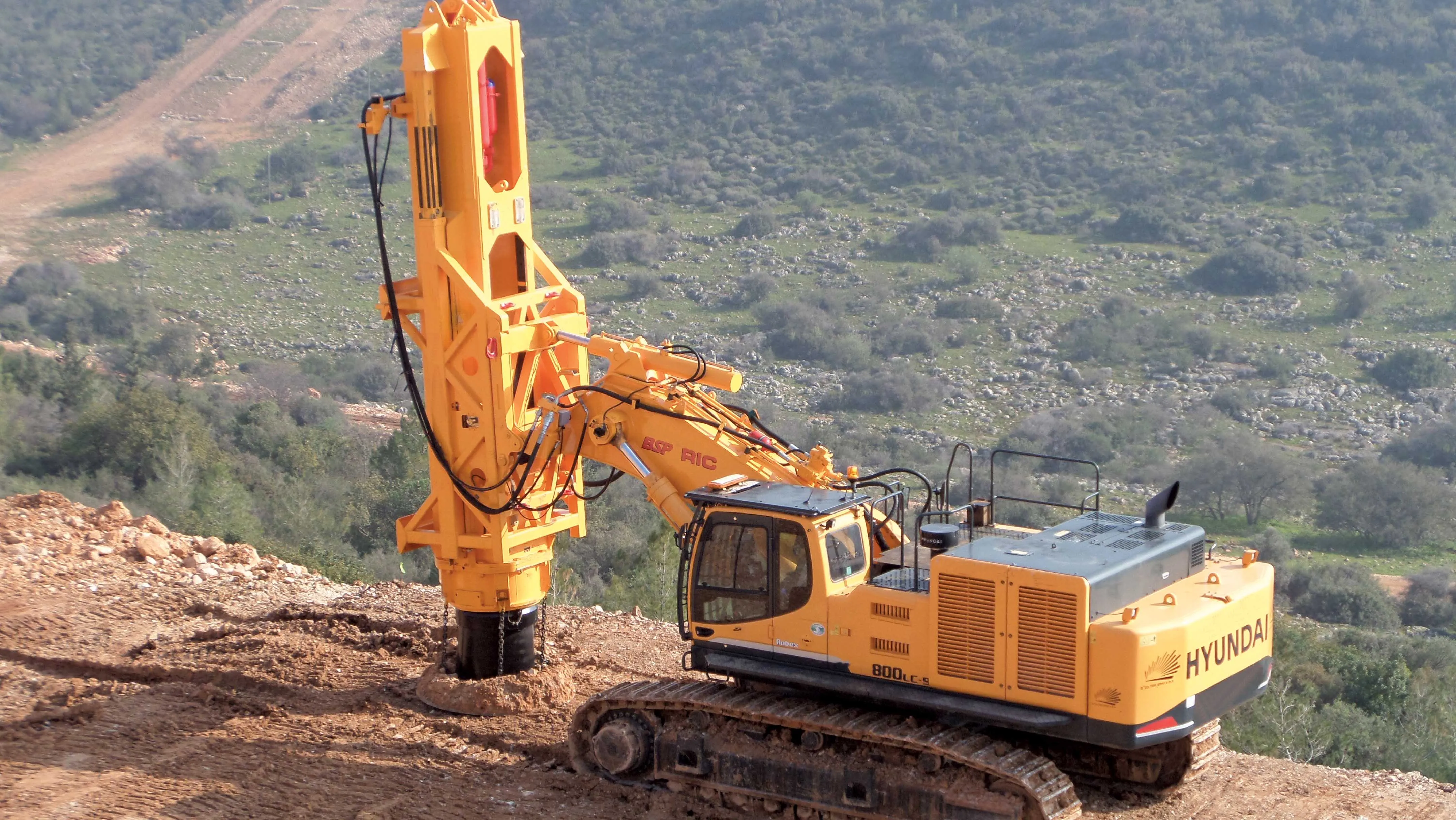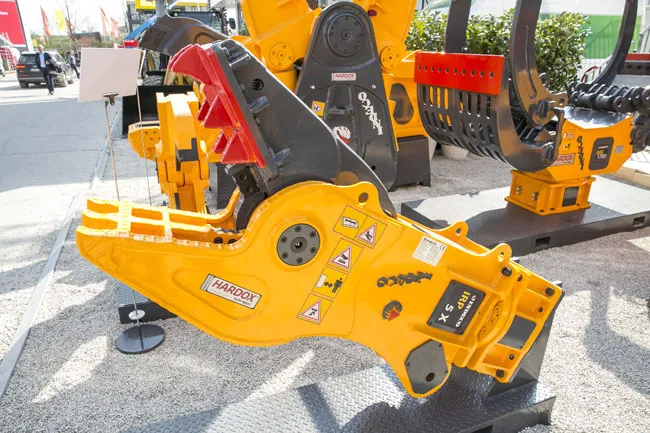BSP International Foundations has unveiled the latest in its line-up of Rapid Impact Compactors (RIC). The new RIC-16000 unit joins an established four-model range offering drop-weights from 5tonnes up to 16tonnes.
Depending on prevailing ground conditions this model is capable of significant ground consolidation to depths of more than 8m. RICs have been successfully used to consolidate gravel, sands and some silts. The ability to dump and compact sand or stone to significant depths simplifies remediatio
September 14, 2015
Read time: 3 mins

Depending on prevailing ground conditions this model is capable of significant ground consolidation to depths of more than 8m. RICs have been successfully used to consolidate gravel, sands and some silts. The ability to dump and compact sand or stone to significant depths simplifies remediation practices and is less expensive than other excavation and replacement techniques. Specifications of the new compactor include a drop-weight mass of 16tonnes, an impact energy of 240kNm and typical blow rates of 40bpm. It is suitable for mounting to hydraulic excavators with operating weights between 75 and 92 tonnes and can be mobilised in minutes after arriving on site.
Like the other models in the range, the RIC-16000 is monitored by the on-board data logger to record the input energy and ground resistance of each hammer blow. The impact foot stays in permanent contact with the ground at all times during operation, eliminating the risk of flying debris and boosting safety. It enables contractors to considerably improve the control and monitoring of the ground being treated.
BSP said this method of compaction has been proven to be a major advance in filling the gap between various rolling techniques, which only treat shallow depths, and Dynamic Compaction (DC) proper that often treats soils in the 10-15m depth range.
In operation, the RIC-16000 is positioned over a designated area by the excavator operator. Hydraulic cylinders, inside the support frame are operated to lower the compactor and impact the foot on to the ground. The foot is then rapidly struck at a controlled rate by the compactor’s 16tonne drop-weight.
The energy generated is transferred to the ground through a special 2m diameter anvil block and impact foot, which penetrates and compacts the material at the impact point being treated. The articulation of the foot accommodates uneven ground and can penetrate 1m below original ground level without having to be repositioned.
In addition to the data logged – increments of penetration, the number of blows, total energy depth reached – it is possible to add GPS positioning to the system and generate data maps for a site showing the rate of progress and presenting results in a more meaningful way to clients and consultants.
Since the concept was developed, BSP’s rapid-impact compactors have become the preferred method for an ever-increasing number of shallow ground improvement projects around the world.







